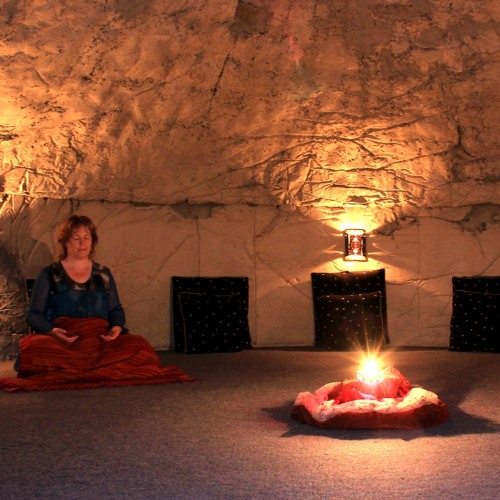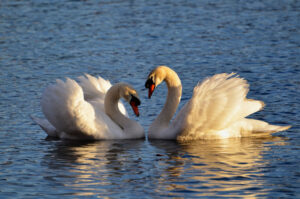Meditation and Mindfulness Retreat at New Beginnings Holistic Centre
The following is a short introduction to the practice of mindfulness and present moment awareness as practiced as part of ICPPD Mindfulness and Mindful-Living programmes –
Enjoy the Experience!
Pausing is not about time, it is about Mindfulness. When taking the time to pause, many things may be revealed to us – joy, happiness, sorrow, anger, peace, gratitude, compassion and more.
INSTRUCTIONS FOR PAUSING AND RELAXING
PAUSE – stop what you are doing right now.
Come up close to your experience, and check in to see what it feels like to let go of the forward momentum.
What does your body feel like at this moment?
How does your jaw feel? What are the sensations like in your shoulders? How is your chest? Is your belly soft or hard?
Can you soften and relax any tension in the body?
Is your mind still buzzing?
What is the emotional tone at this moment? Simply observe without criticism.
Can you experience any sense of lightness having let go of the forward push and the physical tension?
Now that the rush of habit has been interrupted, something fresh can arise.
You have just completed the first mindfulness exercise in this course/retreat.
A meditation consists of focusing your full attention on your breath as it flows in and out of your body. To introduce you to the practice, we begin with a short one (see One minute Meditation box, below).
A one-minute meditation
- Sit erect in a straight-backed chair. If possible, bring your back a little away from the rear of the chair so that your spine is self-supporting. Your feet can be flat on the floor. Close your eyes or lower your gaze.
- Focus your attention on your breath as it flows in and out of your body. Stay in touch with the different sensations of each in-breath and each out-breath. Observe the breath without looking for anything special to happen. There is no need to alter your breathing in any way.
- After a while your mind may wonder. When you notice this, gently bring your attention back to your breath, without giving yourself a hard time – the act of realising that your mind has wandered and bringing your attention back without criticising yourself is central to the practice of mindfulness meditation.
- Your mind may eventually become calm like a still pond – or it may not. Even if you get a sense of absolute stillness, it may only be fleeting. If you feel angry or exasperated, notice that this may be fleeting too. Whatever happens, just allow it to be as it is.
- After a minute, let your eyes open and take in the room again
Focusing on each breath in this way allows you to observe your thoughts as they arise in your mind, and little by little, to let go of struggling with them. You come to realise that thoughts come and go of their own accord; that you are not your thoughts.
You can watch as they appear in your mind, and watch again as they disappear like a cloud passing in the sky or a soap bubble bursting. You come to understand that thoughts and feelings are transient. They come and go, and you get to choose whether to act on them or not.
When stress or unhappiness hover overhead you learn to treat them as clouds overhead, to observe them with friendly curiosity as they drift pass. You learn to catch thought patterns before they tip you into a downward spiral, and this helps put you in control of your life.
“Feelings come and go like clouds in a windy sky. Conscious breathing is my anchor.” ―Thich Nhat Hanh, Stepping into Freedom: Rules of Monastic Practice for Novices
I find that pausing, just stopping to breathe allows me to release stress in my body. Doing this in some way reminds me of how little I am in control of at one level and at the same time that the/my power is in each present moment, or should I say in each moment I am present.
You are offered a deliberate “being” rather than “doing” mode so that you can learn progressively at a deep level, what happens when you wake up to your life. Each week while having a different focus, is interrelated. You are being invited to partake in different practices, each of which opens a different doorway to awareness, only you can recognise what supports you to reconnect with the deepest and wisest aspect within you.
Before you embark on a practice, spend a little time considering how to prepare yourself. Commit to spending some time each day doing the meditations and other practices. It is important to take your time with the practices, and to follow the instructions as best you can, even if it feels difficult, boring and repetitive. See if it is possible to remember that the intention is not to strive for a goal. You are not even striving for relaxation. Relaxation and peace are the by-products of the work, not its goal.
Please visit www.icppd.com to see when our next 3 Day Certificate in Mindfulness and Mindful-Living, and 1 Day Silent Retreat take place. Don’t forget you can enrol on our Online 8 week Mindfulness course at any time and study and practice at your own pace in your own home.








